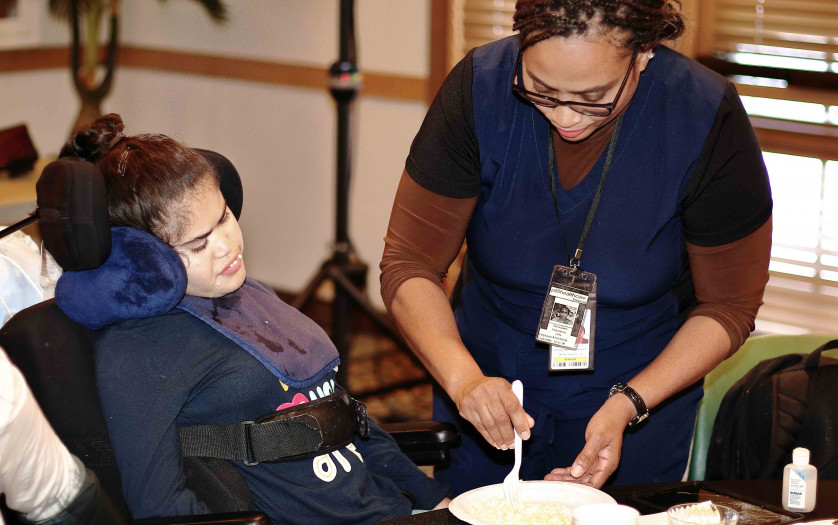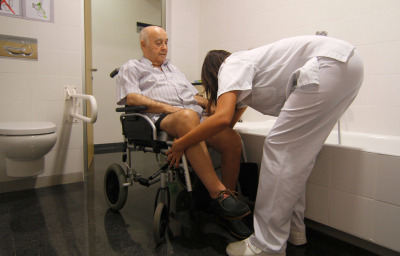
Dietitians Australia has raised serious concerns over a proposed cut to allied health service price limits under the National Disability Insurance Scheme (NDIS), warning the move could severely restrict access to safe and essential nutrition care for persons with disabilities.
The peak body for dietetic and nutrition professionals is calling for an immediate halt to the cuts planned to be instated by July 1.
“We’re on the brink of a nutrition care catastrophe for people with disability in this country,” Dietitians Australia President Dr Fiona Willier said.
“This is a direct threat to safe, evidence-based, dietetic and nutrition care for people who rely on it.
“The risks are enormous and include nutrition tube feeding-related complications, dehydration, malnutrition and in extreme cases, swallowing difficulties and choking.
“We already have people with disability fronting up at hospitals as they have nowhere else to go to get their essential nutrition care and have been crushed by knockback chaos following the changes since October.
“This recommendation is a further blow to those people who desperately require ongoing nutrition care.
“We call on the NDIA to immediately halt this decision and commit to genuine consultation with dietitians and the wider allied health sector.
“We need a truly independent approach to the way pricing is determined, that is why we have been calling along with the allied health sector for an Independent Pricing Authority to oversee NDIS pricing.
“Nutrition and dietetic care have been grossly undervalued in the disability sector for too long.
“This recommendation comes after six years of pricing freezes, making it no longer viable for many dietitians to provide the critical services that people with disability need.
“We cannot compare and benchmark NDIS support services to Medicare or other health-based schemes – NDIS participants often need more time, more support, and more complex and coordinated care considerations.
“The NDIS was designed for function and capacity building for people with disability.
“This pricing assessment recommendation is a gross devaluation of what it takes to provide wraparound nutrition care for people who often require a highly complex system of supports.
“Before this announcement, nearly a quarter of dietitians working in disability reported they planned to leave the disability sector.
“A fifty per cent cut to travel costs is also a major blow for Australians with disability who rely on in-person services in regional and remote communities.
“This will further exacerbate inequities in nutrition care by postcode. This should appal every Australian.
“The NDIA must put a halt on this decision now.








